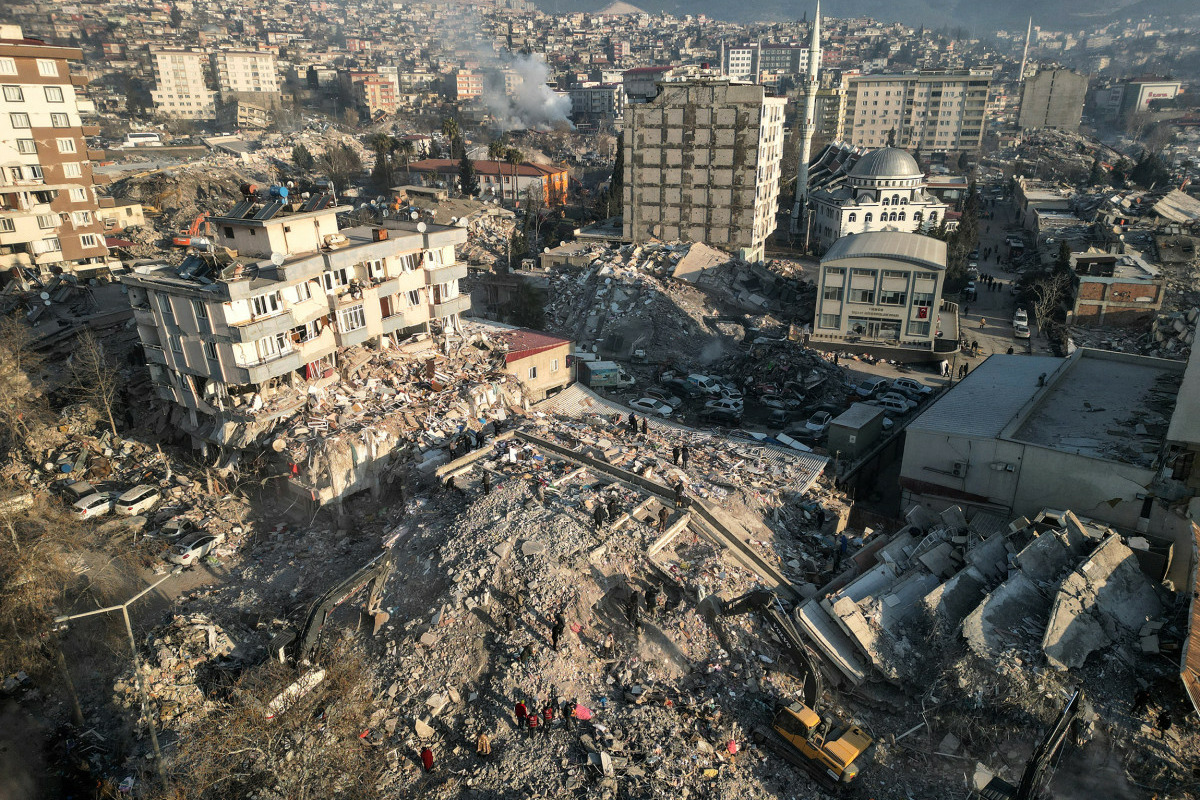European Bank invests in Turkey’s economic recovery
The European Bank will provide €1.5 billion for Turkey’s post-earthquake reconstruction. The EBRD is offering €600 million in loans, which can be arranged by individuals and businesses alike. The investment program will run for two years. It will not only build new housing but also provide jobs for those affected. Loans will also be available for companies that are working on the reconstruction of the region in southern Turkey.
In addition, the bank will provide funds for the reconstruction of infrastructure. It has entered into a cooperation agreement with the municipalities of two cities, Hatay and Gaziantep. The EBRD’s investment will go towards rebuilding the railway network, making it possible to resume connections between the country’s regions disrupted by the severe earthquakes.
The European Bank notes that the cataclysm that hit Turkey in February 2023 was the worst catastrophe to hit Europe in over 100 years. The earthquake killed many people and seriously damaged the country’s economy. Therefore, the Bank wants to help Turkey and its people to speed up the recovery and reconstruction processes, not only for residential facilities but also for production facilities.
According to the World Bank’s analysis, the earthquake caused $34 billion in physical damage to the country. At the same time, analysts note that reconstruction work will likely double that amount, as the government needs to find money in the budget to finance the reconstruction process.

The European Bank assistance will help overcome the consequences of the earthquake
As of February, the disaster had destroyed over 80,000 homes, 12,000 of which were apartment buildings. And this figure was increasing as the debris was being cleared. The government of Turkey notes that 98% of the destroyed real estate was constructed in the XX century.
After the earthquake, legal action was taken against private and public architectural firms and developers. They have been accused of failing to comply with building regulations in earthquake-prone areas.
The consequences of the disaster have already affected the local real estate market. People have been forced to leave the devastated regions and move to other areas, causing a surge in demand for housing. In addition, analysts predict that the construction sector will soon face a shortage of materials and, consequently, an increase in prices.
People are moving to safer regions of the country, primarily Antalya and Alanya. Real estate in these regions is popular not only with Turkish citizens but also with foreigners. As a result, supply is limited, and the situation is exacerbated by a shortage of land for new construction.
